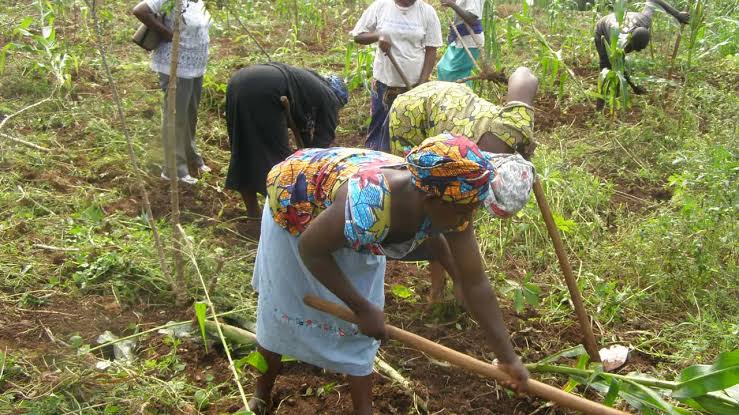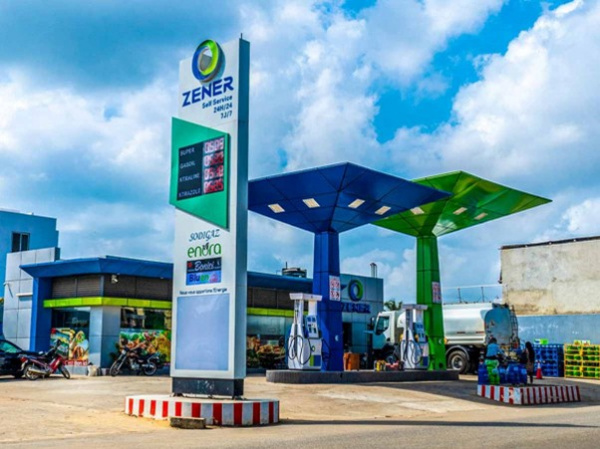ABUJA – The National Agricultural Land Development Authority (NALDA) is embarking on a series of strategic initiatives aimed at transforming Nigeria’s agricultural sector, enhancing food security, and reintegrating displaced farmers into productive farming activities. Under the leadership of Executive Secretary Cornelius Adebayo, NALDA is focused on creating an environment conducive to private sector participation while providing support to smallholder farmers.
To address farmer-herder conflicts, land encroachment, and security challenges, NALDA has introduced the Renewed Hope Farm Settlements initiative. This program clusters smallholder farmers in designated areas, providing them with essential inputs, security, and training. Adebayo emphasized that NALDA’s role is to facilitate an environment where agriculture can thrive as a profitable business rather than directly engaging in cultivation.
See more:
With over three million displaced farmers in Nigeria impacting food production, NALDA has launched the Renewed Hope Restoration Project to reintegrate these individuals into the economy. This initiative seeks to enable displaced farmers to regain self-sufficiency, contribute to national food production, and supply grains for strategic reserves and price stabilization. The project is also expected to support local and international food aid efforts.
Recognizing the limited availability of arable land in certain states, NALDA is expanding its focus on aquaculture through the Renewed Aqua Hope Project. This initiative aims to address Nigeria’s fish supply deficit by encouraging women and youth in coastal and riverine areas to engage in aquaculture, particularly tilapia and catfish farming. NALDA plans to develop fish clusters that include earth ponds, cage farms, processing centers, packaging hubs, and cold storage facilities.
To combat seasonal fluctuations in vegetable prices, NALDA is promoting greenhouse farming through the Green Hope Project. This initiative aims to mitigate the impact of disease outbreaks, dry season water shortages, and rising fuel costs for irrigation pumps. In collaboration with the Rural Electrification Agency (REA), NALDA is distributing solar-powered irrigation pumps to reduce production costs.
Emphasizing the need to treat agriculture as a business, NALDA is engaging institutional investors to fund large-scale agricultural projects. Adebayo highlighted the importance of this shift, stating that agriculture must be viewed as a business to achieve sustainable growth and development.
Through these flagship projects, NALDA is poised to transform Nigeria’s agricultural landscape. These initiatives are designed to ensure food security, create jobs, and stimulate economic growth. Adebayo concluded that Nigeria is committed to turning its agricultural challenges into success stories, paving the way for a sustainable and profitable agricultural future.









